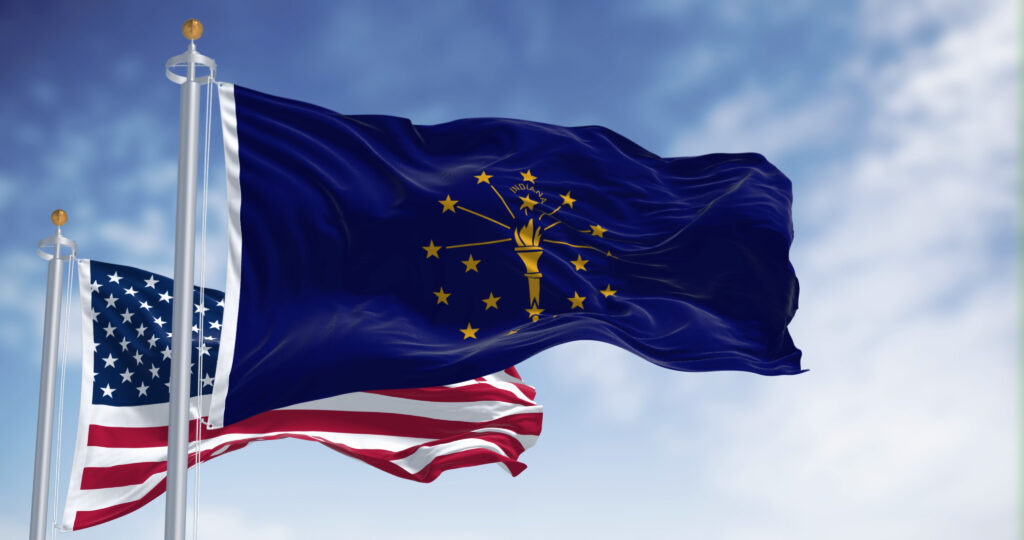Or at least, that’s what the state’s Proposition 65 law might lead you to believe. Originally proposed as a ballot measure to track toxic chemicals in drinking water, the law now requires every business with more than 10 employees to slap a warning label on products containing minimum amounts of at least one chemical from the state’s Prop 65 list. And thanks to a 2008 lawsuit decided earlier this year, coffee is now one of those products.
You might be thinking, what’s the problem with that? Shouldn’t consumers be warned about dangerous chemicals in the products they purchase?
Take acrylamide for example. It sounds vague, complicated, maybe even menacing—like something a hazmat crew might have to clean up after a spill.
It’s actually a naturally-occurring chemical created in the process of roasting coffee beans.
So are all of us committed coffee consumers contaminated? Do plaintiffs’ lawyers and the California EPA know something the rest of us don’t?
Probably not. Many expert regulatory bodies have found no link whatsoever between drinking coffee and developing cancer.
In fact, numerous studies have found that coffee may reduce the risk of cancer and provide a number of other health benefits.
While research is ongoing into acrylamide and the effects it produces in extremely high doses, the amounts found in your favorite 12oz takeaway are far below the levels that any reasonable regulator should consider harmful.
But after all, “reasonable regulator” is not a phrase often associated with the Golden State, where fresh fruit, canned beans, roasted nuts, French fries, wine—and yes, coffee—all get a Prop 65 label to warn potential customers of a secret killer lurking within.



